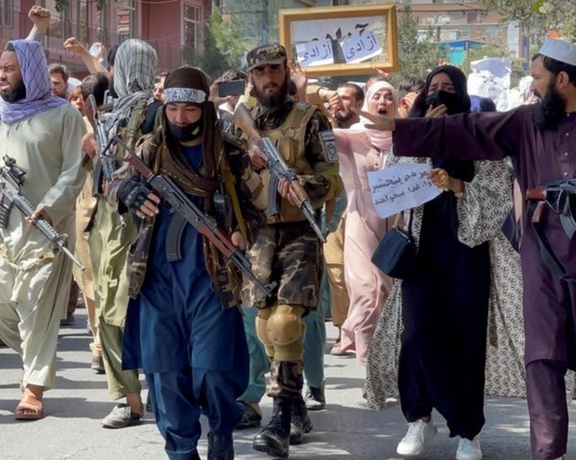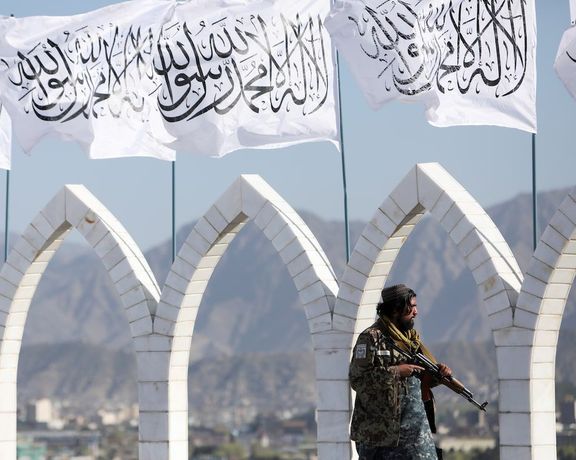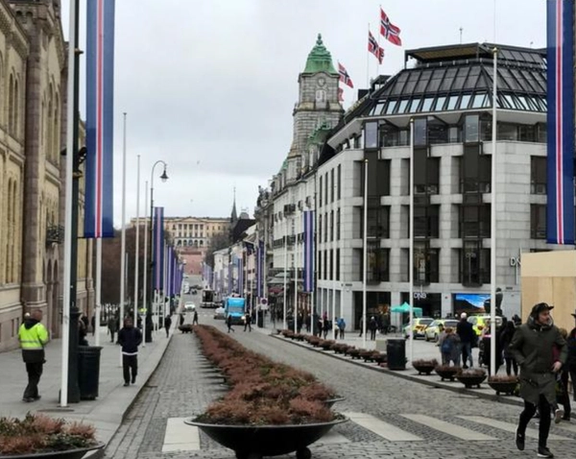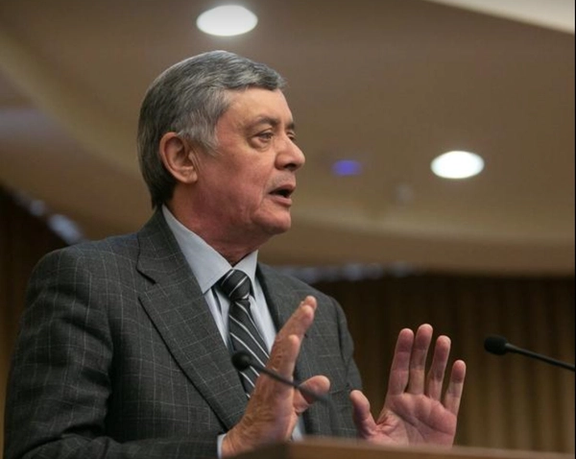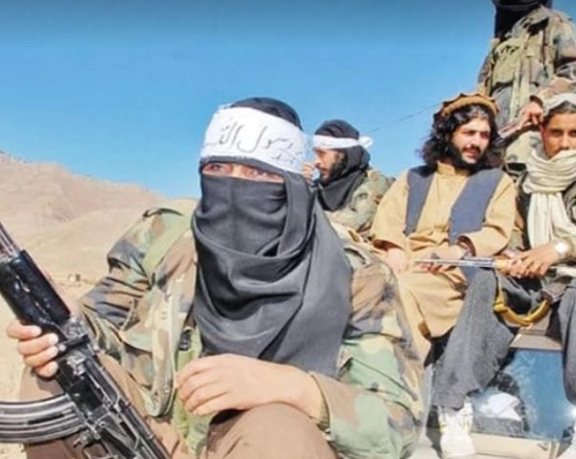In a statement, AFF said that the Taliban is changing the demographic structure of northern Afghanistan and facilitating long-lasting extremism and terrorism in the geography.
On June 12, reliable sources in the Taliban government confirmed for the first time that the group has reached an agreement with Pakistan to relocate members of the Tehreek-e-Taliban Pakistan (TTP) in parts of Afghanistan, including in the north of the country.
A source told Afghanistan International that this decision has been taken by the Taliban and Pakistan’s Inter-Service Intelligence (ISI).
On Thursday, Afghanistan Freedom Front stressed that to serve Pakistan, the Taliban in Kabul are destroying the ground for compatibility and peaceful living of different ethnicities in Afghanistan.
TTP is an insurgent and militant group in Pakistan that mobilises thousands of fighters from tribal areas to carry out attacks against the Pakistani government. TTP and the Taliban in Afghanistan have a close relationship.
Recently, Pakistan’s Institute of Peace in a report wrote that terrorist attacks increased 73 percent in Pakistan after the takeover of power by Taliban in Afghanistan. TTP and Baluchistan Liberation Army have taken responsibility for most of the attacks.
AFF warned that transferring Pakistani Taliban members to the north of Afghanistan is not only dangerous and catastrophic for the country and region, but also for the peace and security of the world.
This front said that the Taliban have not cut their structural ties with Al-Qaeda and parts of ISIS-K and even with the relocation of groups such as the Islamic Movement of Uzbekistan, Eastern Turkestan Islamic Movement, Jamaat-e- Ansarullah and other terrorist groups in the north, northeast, and northwest of Afghanistan, they have practically started a new phase of hosting its like-minded terror groups.
Earlier, the Council of National Resistance for the Salvation of Afghanistan too reacted to the reports of the relocation of TTP militias in the north of Afghanistan, saying that this would make Afghanistan face deep risks of internal and external crisis that could slide to the partition of the country.
